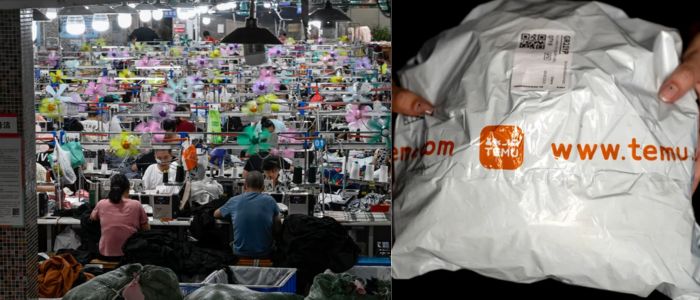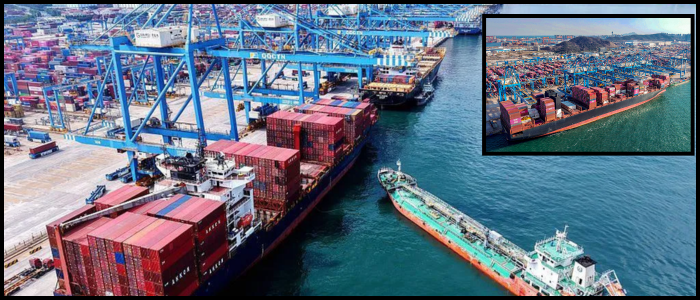Chinese e-commerce giants such as Shein and Temu are likely to be stung by the move, which could drive consumers there through higher prices.
The existing de minimis exemption allowed duty-free entry to the U.S. for goods valued at $800 or less, a loophole that has been widely exploited by foreign vendors who send goods directly to U.S. buyers.
In 2023, U.S. Customs and Border Protection processed 1.36 billion small packages — nearly 4 million a day, mostly from China and Hong Kong.
The exemption was already made for goods from China and Hong Kong in May, but now Trump has suspended all exemptions around the world to prevent any potential ways through third countries such as Vietnam.
Most Small Shipments Now Subject to Tariffs
Effective August 29, almost all goods coming into the U.S. will be assessed a tariff based on where they are from. Will be costly duty news:
- Countries with greater than 16% tariff rate: $80 per item
- Countries with 16 – 25% — $160 per item
- Countries with over 25%: $200/item
The White House has said its purpose is to crack down on fraud and illegal imports, particularly among small package shipments. The administration also noted that many companies have abused the exemption to import drugs or avoid duties.
Effect on Shein, Temu, and U.S. Buyers
In the past, Chinese retailers like Shein and Temu have tried to adjust, in their case by sending in bulk to U.S. warehouses so that packages would arrive faster while dodging direct international shipping.
After the May suspension, a company like Temu claims to have changed its logistics model with a promise of pricing remaining unchanged — though customers later complained of inflated prices and no stock.
The new global regulation does so "with no backdoor remedies," Chris Tang of UCLA, a professor, said. There is no other workaround by imposing the suspension for the whole world," he said.
The above also applies to Amazon Haul, a new discount platform being launched directly out of China. Despite the rule change, an Amazon spokesperson said that the company would still work to offer customers the lowest possible prices.
Poor Households Most Affected
A study from UCLA and Yale showed that 48 % of de minimis shipments went to the poorest ZIP codes in America, while only 22% went to the richest. The higher import charges would hurt poor families relying on cheap international outlets for clothing, electronics, and household goods.
The imposition of civil penalties of up to $10,000 for repeat violations has also been delayed, and is now scheduled to take effect in July 2027 under Trump's administration.
More: Federal trade court dismisses lawsuit seeking to block Trump's steel tariffs. More: Cadillac's new pickup, $35M church accident, San Francisco house cheaper than teardown?
What's Next?
And as companies such as Shein, Temu, and TikTok Shop get used to the new rules of market entry, consumers are likely to notice shifts in terms of pricing, availability, and delivery models.
Either way, the end of duty-free online shopping represents a watershed moment in Americans' purchasing foreign goods — and it will be particularly bad for deal-hunters.
















